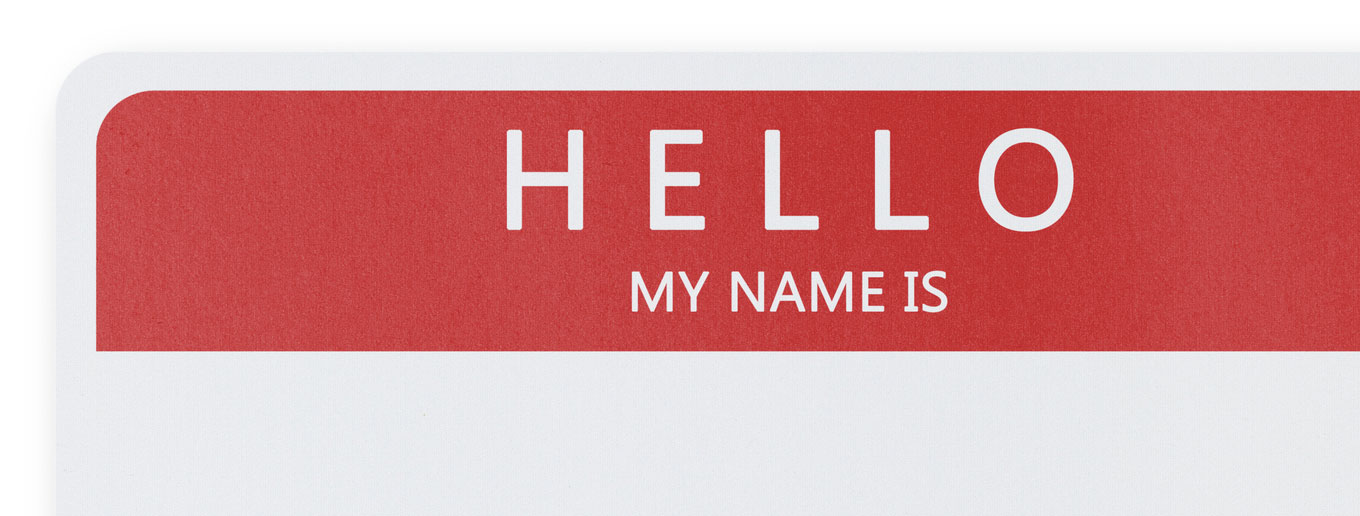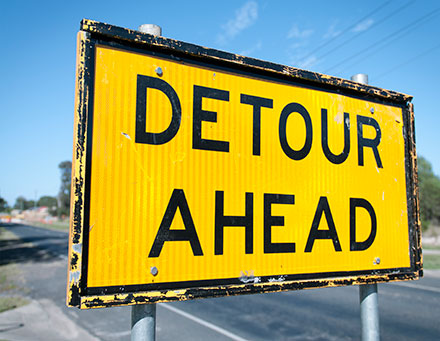Should You Change Your Company’s Name?
Questions to ask before you do.

What’s in a name? Does yours still reflect your business? Are you thinking about changing it? Here are a few questions to ask yourself before you take the leap.
Companies evolve over time. Sometimes the name you started with doesn’t reflect your current business. Sometimes a name develops a connotation that doesn’t put you in the best light. Changing your name might be the best solution.
However, a name change means a rebrand, new stationery, new collateral, a new website, employee training, a marketing campaign to explain the change, and much more. Asking yourself the right questions before you jump in can ensure you get the intended ROI.
Does your name reflect your offerings?
Think about what you offer vs. what you are called. Your name doesn’t have to completely explain your products and services but it shouldn’t give conflicting information. A frequent example of this mistake is a leadership change. If your name is Smith & Jones Consulting, but Jones is no longer in the picture, you are misrepresenting yourself—particularly in a relationship-oriented business. Choose a name that will reflect your offerings in the long term.
Is your name generic?
Is your name purely descriptive? If a name is too generic, you’ll have trouble differentiating yourself in the marketplace. Legally, others will be able to use similar names and you won’t be able to stand out among the competition in the eyes of your customers. Here’s a resource for the different types of names you might choose as an alternative.
Is your name hard to remember?
A generic name or a long name can also be hard to remember. Many companies try to solve this by making their name into an acronym. Unless you have the brand recognition of NASA or UPS, this usually doesn’t work. The series of letters cease to mean anything so you may be doing more work to get people to remember your name than you need to. A name that evokes a memorable or emotional response is going to be more effective.
Does your name align with your brand story?
Every brand should have a memorable story to explain why it is in existence and why it is relevant to customers. A brand story might include parts of your history, your values, and/or what you do to make the world a better place, but it needs to create an emotional impact and inspire people to do business with you.
If your brand story and your name don’t align, you are making it harder on your marketing and sales team to do their jobs. If your brand story is all about a finely-crafted, handmade product but your name is CheapStuff, Inc., there will be a disconnect for your customers.
Does your name have a different meaning now than what it did in the past?
Language changes over time. Slang changes even faster. What seemed like the perfect name years ago, could now be seen as strange, inappropriate, or even offensive. For example, Radio Shack. That name made sense when the company opened in 1921—offering ham radio parts to an audience who recognized “shack” as the term for where a ship’s radio equipment was stored. Now? It just seems silly to go there to get high-end electronics and mobile devices.
Ultimately, you need to balance the benefits you’ll gain from a new name—increased recognition, easier sales and marketing connections, and perhaps the opportunity for a PR campaign—with the costs associated with a rebrand. It’s not easy to quantify, but once you define your current challenges, the decision will be easier.
When Do You Need to Rebrand?
A few clues to let you know when it’s time to refresh your brand.
Is disruptive marketing good for your brand?
What to consider before you disrupt your customers.
Don’t Be a Commodity
Stand out from the crowd.



